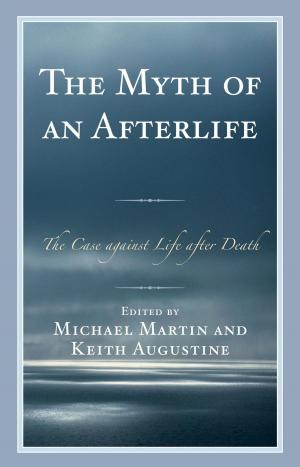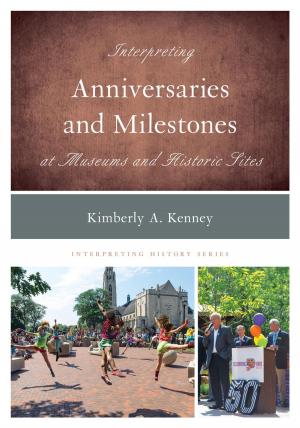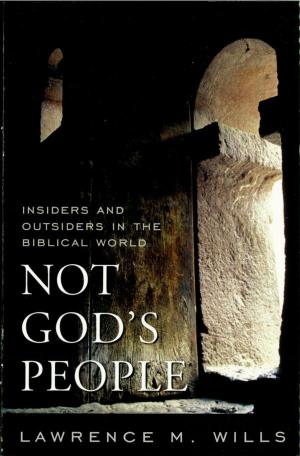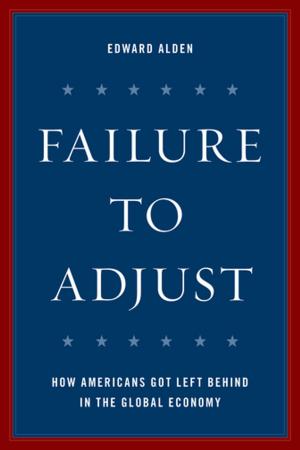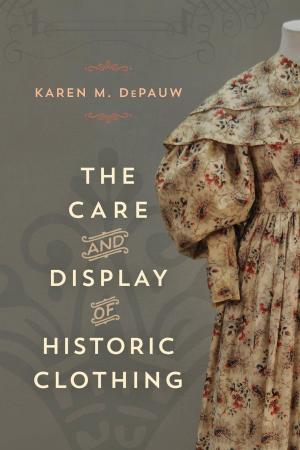Contesting Christendom
Readings in Medieval Religion and Culture
Nonfiction, Religion & Spirituality, Reference, History, Medieval, European General| Author: | ISBN: | 9780742575196 | |
| Publisher: | Rowman & Littlefield Publishers | Publication: | July 27, 2007 |
| Imprint: | Rowman & Littlefield Publishers | Language: | English |
| Author: | |
| ISBN: | 9780742575196 |
| Publisher: | Rowman & Littlefield Publishers |
| Publication: | July 27, 2007 |
| Imprint: | Rowman & Littlefield Publishers |
| Language: | English |
The pervasiveness of the Christian religion has long been treated as one of the key features of medieval society. Indeed, Europe in the Middle Ages is often described simply as a Christian culture. Yet what do we mean when we say that medieval Europe was a Christian society, and what did it mean to be a Christian in the Middle Ages? These questions are fundamental to any understanding of the Middle Ages, yet the variety of theoretical approaches and conclusions represented in this carefully selected and provocative collection of key works in the field highlights the complexity of the answers.
Introducing students to medieval Christianity, James L. Halverson presents a rich array of readings that offers a variety of ways to study the history of religion within a chronological setting. His opening chapter and introductions to each section and selection frame the essays and provide a strong conceptual framework to build upon. Making it clear that scholars have approached religion from many perspectives and used many different methodologies, this collection presents some of the best scholarship of religion as culture and practice, emphasizing the ongoing attempt to understand the social and cultural aspects of medieval Christianity.
Contributions by: Rudolf Bell, Constance Brittain Bouchard, Peter Brown, Marcus Bull, Caroline Walker Bynum, Mark R. Cohen, Georges Duby, Eamon Duffy, Joan Ferrante, Richard Fletcher, Katherine L. French, Thomas A. Fudge, Herbert Grundmann, James L. Halverson, Karen Louise Jolly, Lester Little, Rob Means, Bernd Moeller, Andrew P. Roach, Jane Tibbets Schulenburg, Keith Thomas, and Ian Wood.
The pervasiveness of the Christian religion has long been treated as one of the key features of medieval society. Indeed, Europe in the Middle Ages is often described simply as a Christian culture. Yet what do we mean when we say that medieval Europe was a Christian society, and what did it mean to be a Christian in the Middle Ages? These questions are fundamental to any understanding of the Middle Ages, yet the variety of theoretical approaches and conclusions represented in this carefully selected and provocative collection of key works in the field highlights the complexity of the answers.
Introducing students to medieval Christianity, James L. Halverson presents a rich array of readings that offers a variety of ways to study the history of religion within a chronological setting. His opening chapter and introductions to each section and selection frame the essays and provide a strong conceptual framework to build upon. Making it clear that scholars have approached religion from many perspectives and used many different methodologies, this collection presents some of the best scholarship of religion as culture and practice, emphasizing the ongoing attempt to understand the social and cultural aspects of medieval Christianity.
Contributions by: Rudolf Bell, Constance Brittain Bouchard, Peter Brown, Marcus Bull, Caroline Walker Bynum, Mark R. Cohen, Georges Duby, Eamon Duffy, Joan Ferrante, Richard Fletcher, Katherine L. French, Thomas A. Fudge, Herbert Grundmann, James L. Halverson, Karen Louise Jolly, Lester Little, Rob Means, Bernd Moeller, Andrew P. Roach, Jane Tibbets Schulenburg, Keith Thomas, and Ian Wood.

